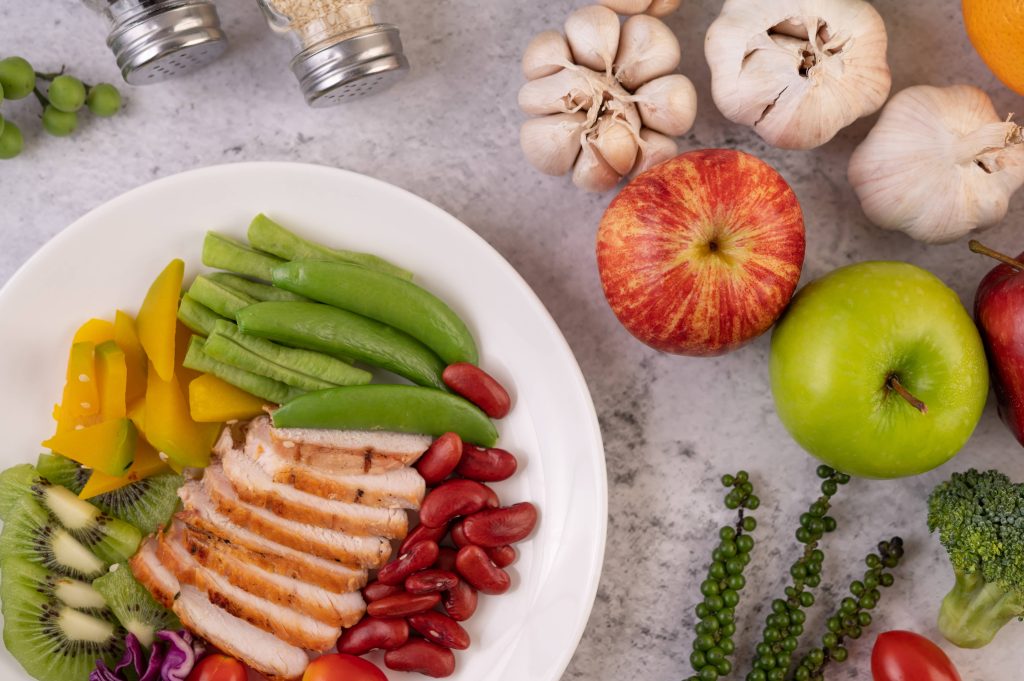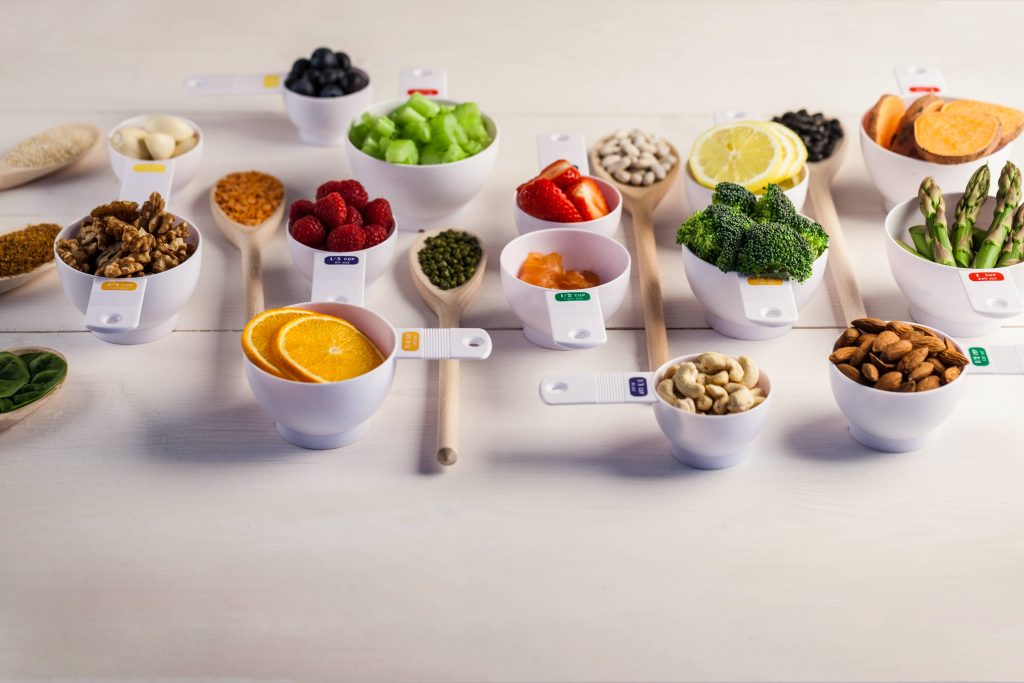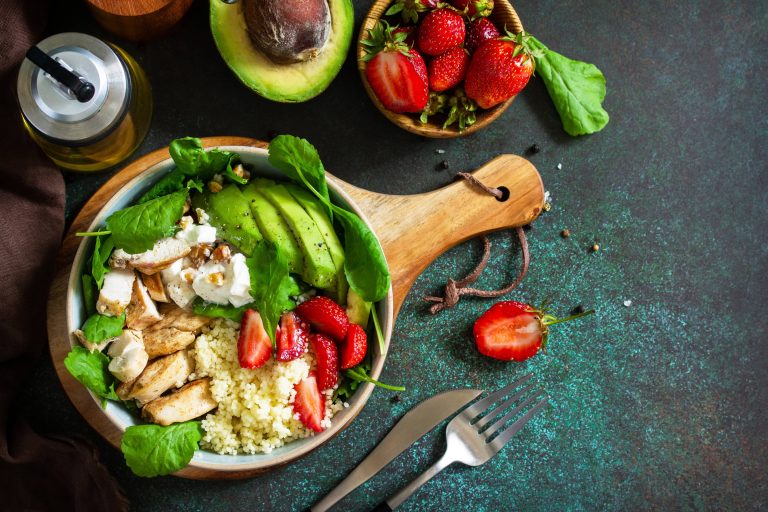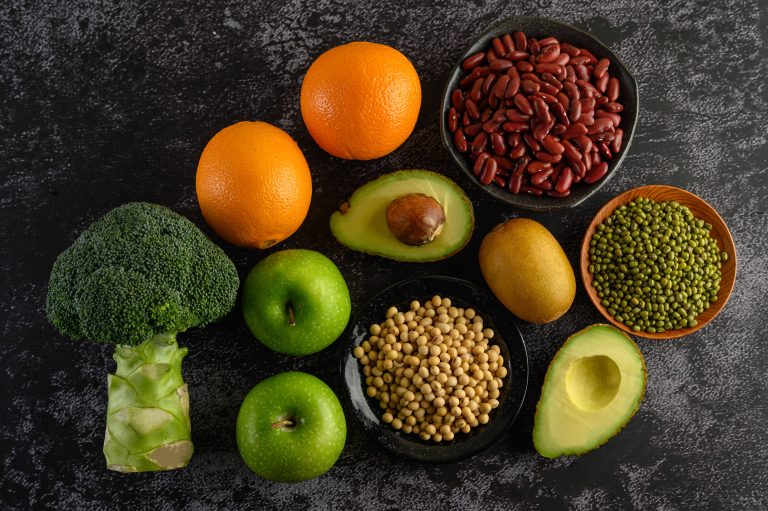
In the world of weight loss, the concept of counting calories has long been a staple. Many people meticulously track every morsel they consume, hoping to create a calorie deficit that will lead to weight loss. However, for some, this method can be tedious, stressful, and unsustainable in the long run. The good news is that it’s entirely possible to lose weight without counting calories. By focusing on other aspects of your diet and lifestyle, you can achieve your weight loss goals in a more intuitive and enjoyable way.
Understanding the Basics
Before diving into alternative methods, it’s important to understand why calorie counting is often recommended. The basic principle of weight loss is to consume fewer calories than your body burns. This creates a calorie deficit, leading to weight loss over time. However, the quality of the calories you consume is just as important as the quantity. Not all calories are created equal, and focusing solely on numbers can lead to poor food choices.
Focus on Nutrient-Dense Foods
One of the most effective ways to lose weight without counting calories is to prioritize nutrient-dense foods. These are foods that are high in nutrients but relatively low in calories. They include fruits, vegetables, lean proteins, whole grains, and healthy fats. By filling your plate with these foods, you can naturally reduce your calorie intake while still feeling satisfied.
– Fruits and Vegetables: These are low in calories but high in fiber, vitamins, and minerals. They can help you feel full and satisfied, reducing the likelihood of overeating.
– Lean Proteins: Foods like chicken, fish, tofu, and legumes are excellent sources of protein, which is essential for muscle maintenance and satiety.
– Whole Grains: Unlike refined grains, whole grains are rich in fiber and nutrients, helping to keep you full for longer.
– Healthy Fats: Avocados, nuts, seeds, and olive oil are examples of healthy fats that can promote satiety and support overall health.
Practice Mindful Eating
Mindful eating is a powerful tool for weight loss that doesn’t involve counting calories. It involves paying full attention to the experience of eating and drinking, both inside and outside the body. This practice can help you develop a healthier relationship with food and recognize your body’s hunger and fullness cues.
– Eat Slowly: Take your time to chew and savor each bite. This can help you enjoy your food more and prevent overeating.
– Listen to Your Body: Pay attention to your hunger and fullness signals. Eat when you’re hungry and stop when you’re satisfied, not stuffed.
– Avoid Distractions: Try to eat without distractions like TV or smartphones. This can help you focus on your meal and recognize when you’re full.
Control Portion Sizes
Portion control is another effective strategy for losing weight without counting calories. By being mindful of portion sizes, you can reduce your calorie intake without feeling deprived.
– Use Smaller Plates: This can help you serve smaller portions and prevent overeating.
– Be Aware of Serving Sizes: Familiarize yourself with standard serving sizes to avoid unintentionally consuming too much.
– Pre-Portion Snacks: Instead of eating directly from a large bag or container, portion out a single serving to avoid mindless snacking.
Stay Hydrated
Drinking enough water is crucial for overall health and can aid in weight loss. Sometimes, our bodies confuse thirst with hunger, leading to unnecessary snacking. By staying hydrated, you can prevent this confusion and support your weight loss efforts.
– Drink Water Before Meals: This can help you feel fuller and reduce the amount of food you eat.
– Choose Water Over Sugary Drinks: Sugary beverages are high in calories and can contribute to weight gain. Opt for water, herbal tea, or other low-calorie drinks instead.
Get Enough Sleep
Sleep is often overlooked in the weight loss equation, but it’s a critical component. Lack of sleep can disrupt hormones that regulate hunger and appetite, leading to increased cravings and overeating.
– Aim for 7-9 Hours of Sleep: Prioritize getting enough restful sleep each night to support your weight loss goals.
– Establish a Sleep Routine: Go to bed and wake up at the same time each day to regulate your body’s internal clock.
Incorporate Physical Activity
While diet plays a significant role in weight loss, physical activity is also important. Regular exercise can help you burn calories, build muscle, and improve overall health.
– Find Activities You Enjoy: Whether it’s walking, cycling, dancing, or yoga, choose activities that you enjoy and can stick with long-term.
– Incorporate Strength Training: Building muscle can boost your metabolism and help you burn more calories at rest.
Conclusion
Losing weight without counting calories is not only possible but can also be a more sustainable and enjoyable approach for many people. By focusing on nutrient-dense foods, practicing mindful eating, controlling portion sizes, staying hydrated, getting enough sleep, and incorporating physical activity, you can achieve your weight loss goals without the stress of calorie counting. Remember, the key to successful weight loss is finding a balanced and healthy lifestyle that works for you.









